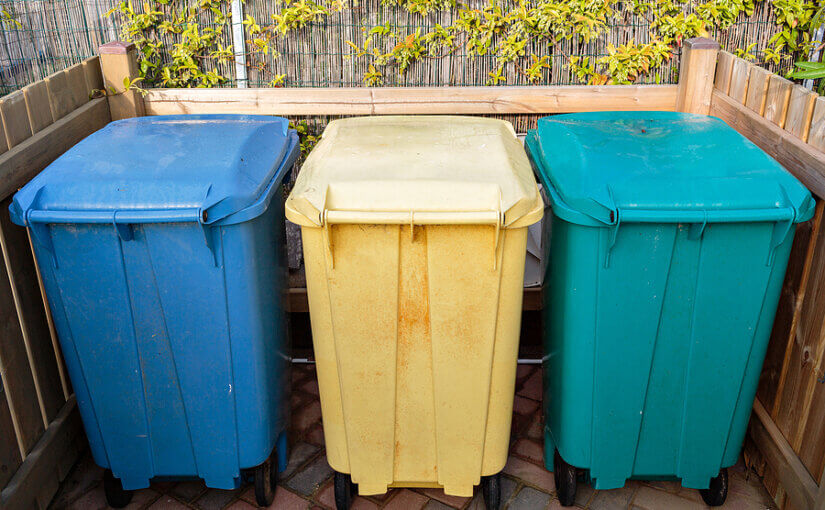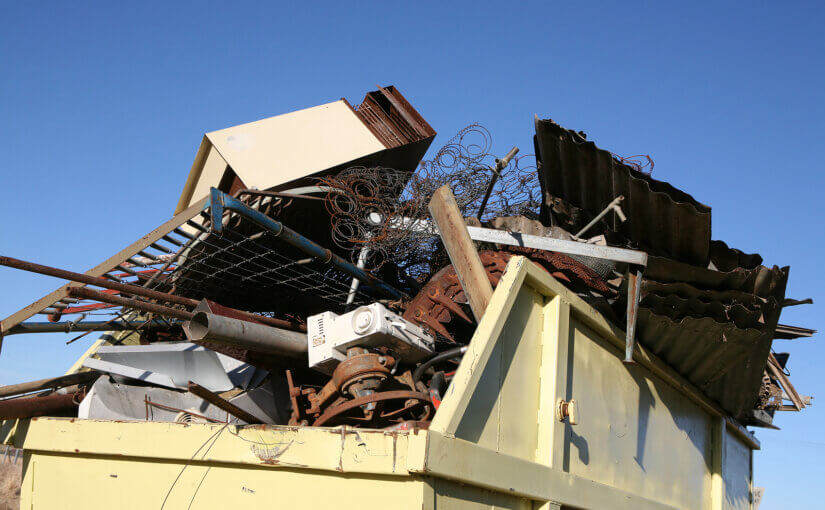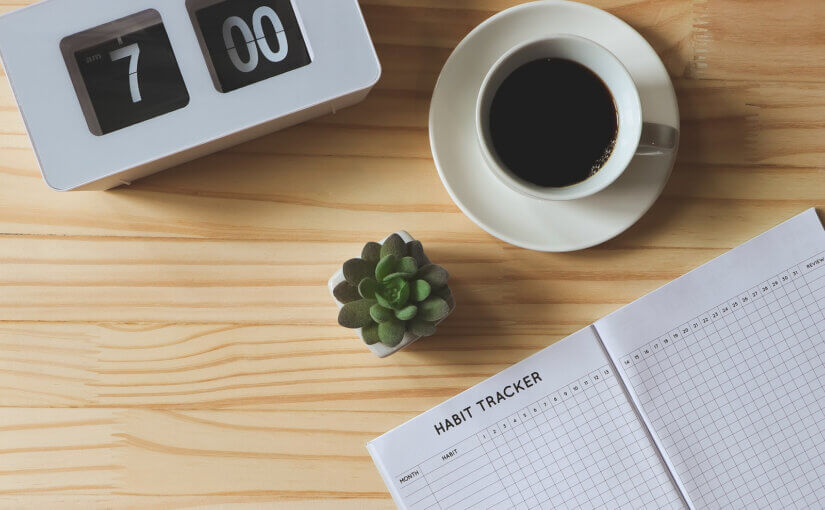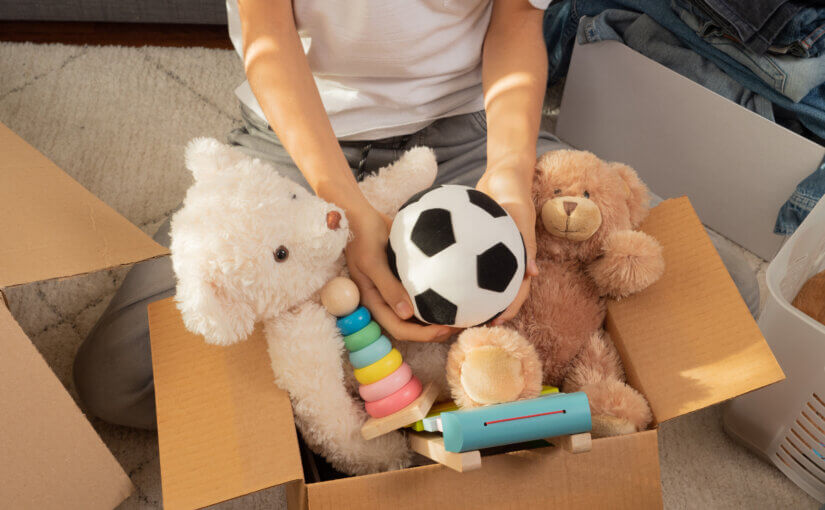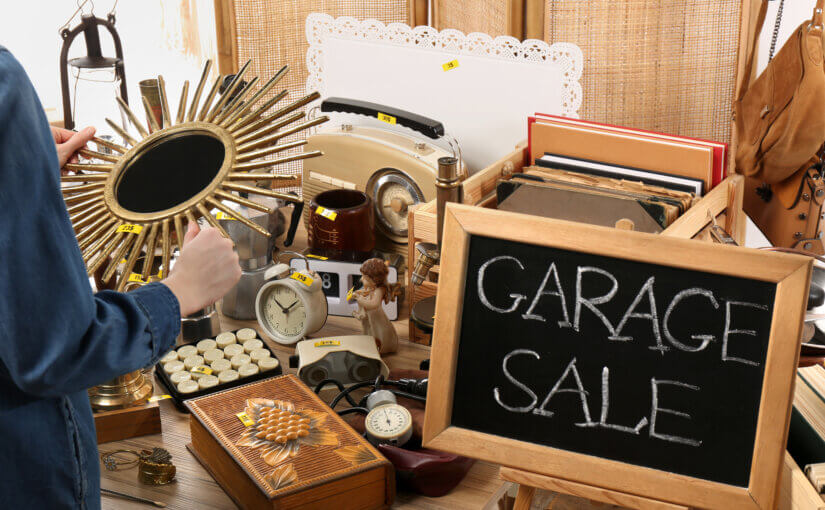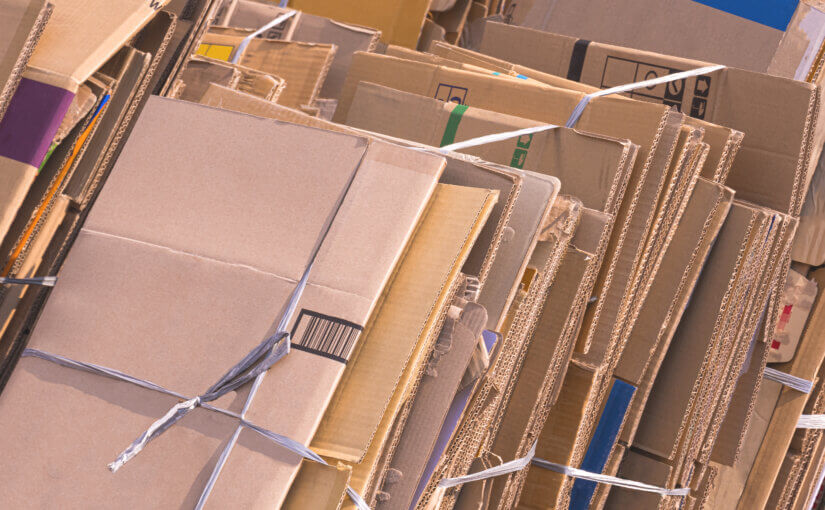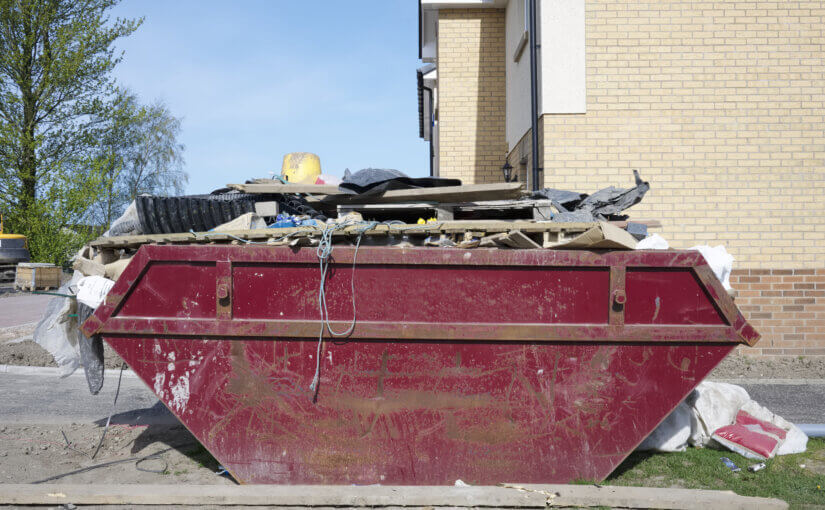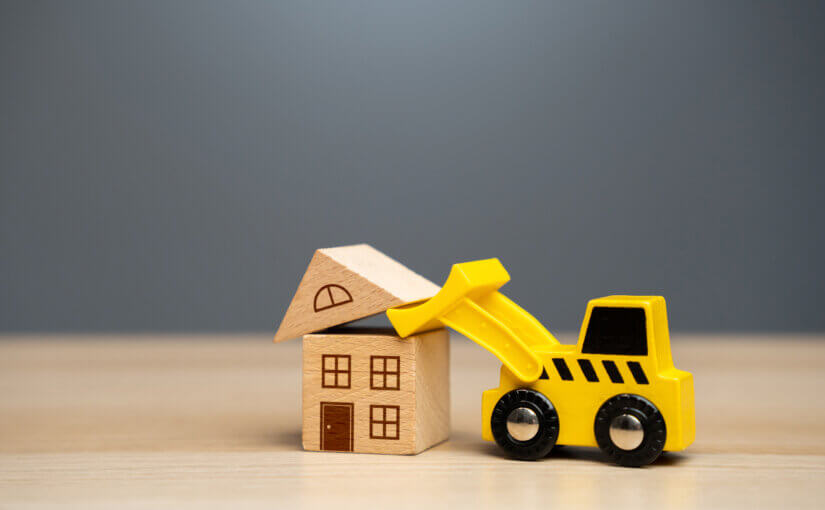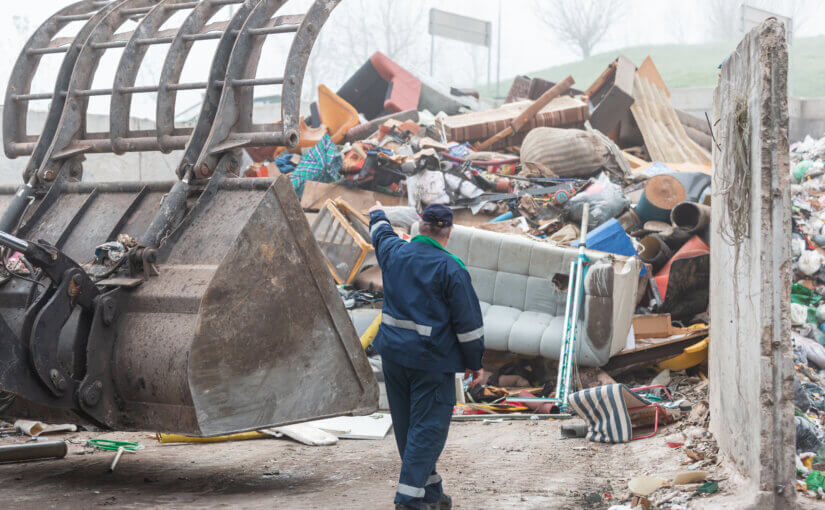In England, the staggering 409 kilograms of waste per person collected in 2021 by local authorities is a stark reminder of our collective impact on the planet. Yet our waste footprint extends far beyond the confines of our homes, whether at work, dining out, or enjoying a holiday.
In light of such extensive waste generation, we all must ensure proper categorisation and disposal of waste. Everyone, from individuals to companies and recycling centres, is responsible for checking recyclable materials are appropriately recycled and non-recyclables are disposed of in the safest manner possible.
Join us as we explore the diverse waste types, look at what they entail and outline the most effective methods for discarding them.
